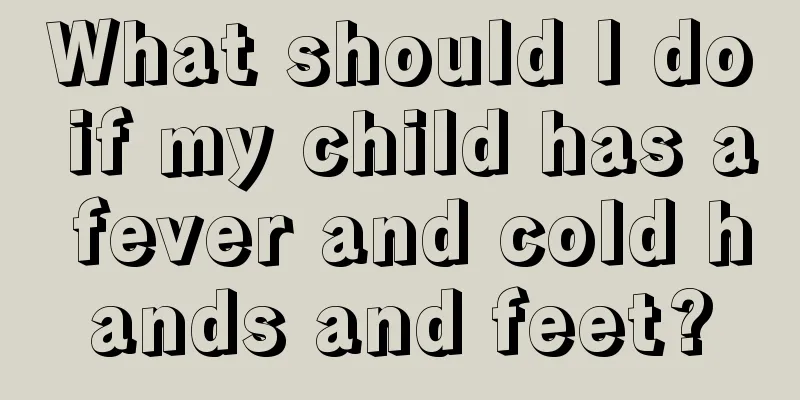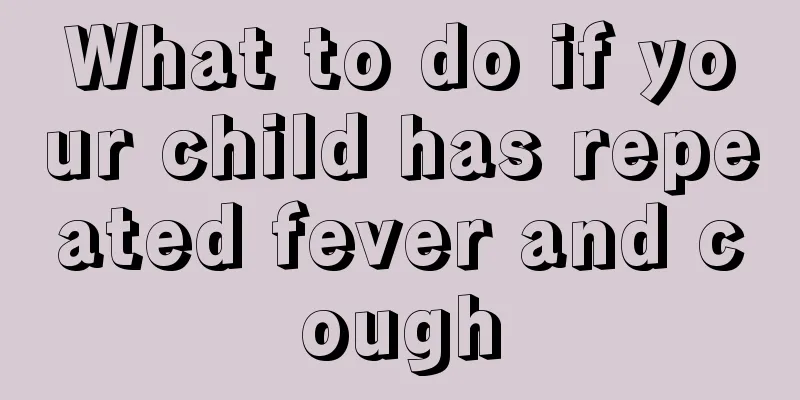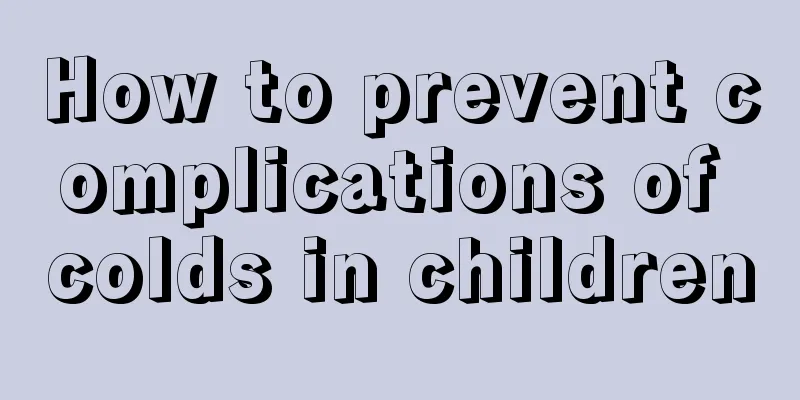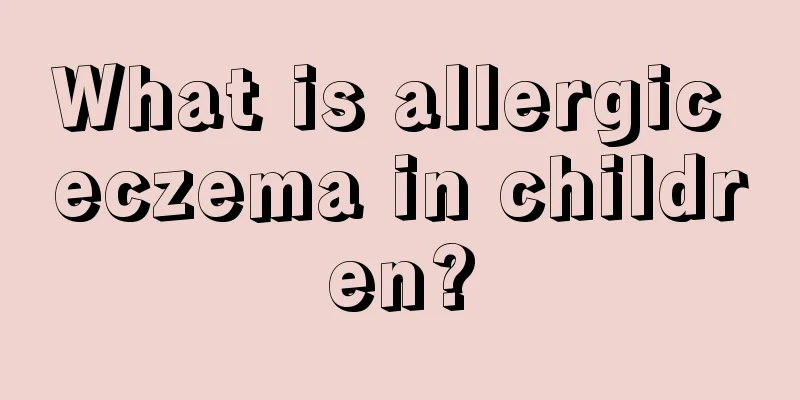How to judge the symptoms of congenital heart disease in newborns?

|
Nowadays, congenital heart disease in newborns has become more and more common, and the incidence rate is getting higher and higher. We must understand its main symptoms and try to detect and treat them early. Cyanosis, heart murmurs, poor physical strength, heart failure, etc. are all symptoms of congenital heart disease in newborns. Everyone must be vigilant. 1. Blue It usually persists after birth, but may gradually appear three to four months after birth, and is most obvious on the lips, nail beds, and tip of the nose. 2. Heart murmur Murmurs can be heard in most congenital heart diseases. These murmurs are loud and rough, and in severe cases may be accompanied by chest tremors. Some normal children have physiological murmurs. 3. Poor physical strength Due to poor heart function, insufficient blood supply and hypoxia, critically ill children have difficulty feeding in infancy. Older children are unwilling to move and like to squat. They are easily fatigued after activities and have paroxysmal dyspnea. Those with severe hypoxia often faint suddenly while breastfeeding, crying or defecating and are prone to heart failure. 4. Susceptible to respiratory infections Most congenital heart diseases are prone to respiratory infections due to increased pulmonary blood flow, which further leads to heart failure. The two are often causally related and become a major cause of death in children. 5. Heart failure Usually most of the time, this is because the children have more serious heart defects, and the clinical manifestations are due to congestion in the pulmonary circulation and systemic circulation and reduced cardiac output. The children are pale, short of breath, have difficulty breathing and tachycardia, their blood pressure is often low, and their liver is enlarged, but peripheral edema is less common. 6. Developmental Disabilities Children with congenital heart disease often have abnormal development, such as emaciation, malnutrition, and developmental delay. When parents find that their babies have some of the above symptoms, they should go to the hospital in time. Once it is confirmed that it is congenital heart disease, the doctor needs to make the best surgical plan. Currently, most congenital heart diseases can be completely cured. |
<<: At what months can a baby walk? Young parents take note!
>>: Five tips for feeding premature babies
Recommend
The height of a 2-year-old child determines his or her adult height
People always say that a child's height depen...
What should children eat if they are deficient in vitamins?
Vitamins are an indispensable trace organic subst...
How long can a child with metabolic disease live?
Many people do not know what metabolic disease is...
Which bottle is best for a newborn?
Newborns need special attention in their daily di...
What should I do if my baby catches a cold?
There are many reasons why babies catch colds. In...
Is it normal to lose teeth at 6 years old?
Sometimes many people who are already 26 years ol...
What should I do if my child keeps having a fever and coughing?
Children have low immunity and are prone to fever...
White spots on baby's head
The physical health of the baby is very important...
Why do children urinate frequently at night?
We all know that many children urinate a lot duri...
What to do if your two-year-old baby coughs
Every change in the baby after birth is watched b...
What are the symptoms of nasal polyps in children?
Nasal polyps can occur not only in adults, but al...
What should I do if I have ADHD?
Children suffering from ADHD bring great troubles...
How often should a baby take a bath?
Many families face this problem: after looking fo...
How to make children's bone soup
Childhood is the period of rapid growth and devel...
Child coughs and spits white foamy sputum
Children's colds can easily lead to high feve...









